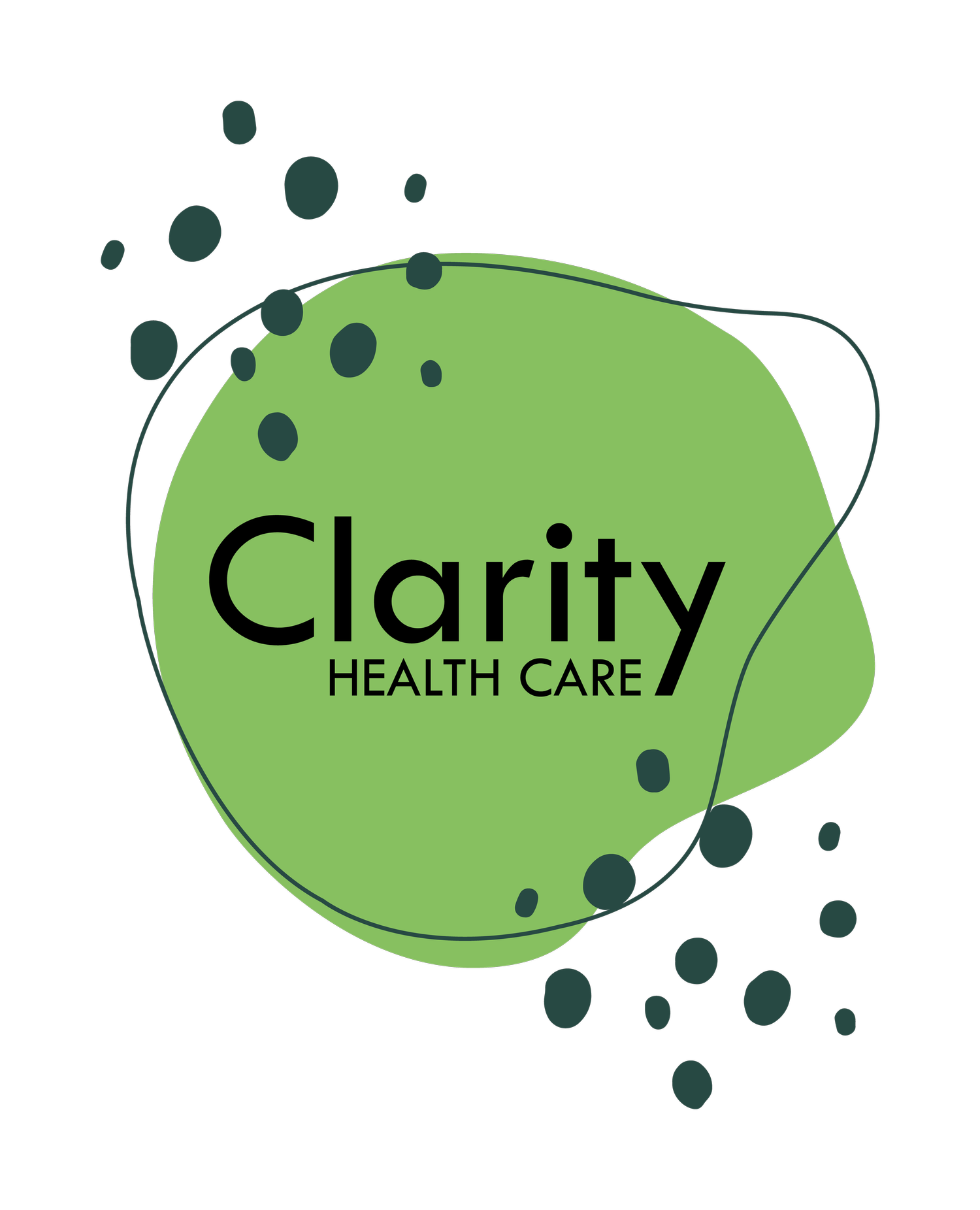
Optimal Health Program
Optimal Health Program Wellbeing
Why Values Matter
Values represent what is most important to us, and they shape how we live our lives. When health goals are connected to values, the process becomes more meaningful and fulfilling. For example, if someone values family, they may focus on improving their physical health so they can be more present and active with their loved ones. Values make the effort toward better health feel purposeful, enhancing motivation and resilience during challenging times.
Domains of Health and Example Values
Physical Health
This domain involves exercise, diet, sleep, and overall physical maintenance. Aligning changes in physical health with values makes it easier to adopt and stick to healthy behaviors.Value: Vitality
Example: Someone who values feeling energetic and alive might prioritize regular physical activity, mindful eating, and sufficient sleep to maintain their vitality.Value: Longevity
Example: A person who values a long, healthy life may make decisions like cutting out processed foods, reducing alcohol consumption, or incorporating daily exercise.
Emotional Health
Emotional health involves being aware of, managing, and expressing emotions effectively.Value: Authenticity
Example: If someone values being true to themselves, they might focus on emotional health by seeking therapy or practicing mindfulness to better understand and express their feelings.Value: Compassion
Example: A person who values compassion may focus on self-care practices, like journaling or relaxation techniques, to manage stress and prevent burnout.
Social Health
This domain covers the quality and quantity of relationships with family, friends, and the broader community.Value: Connection
Example: If someone values connection, they might make an effort to spend more time with loved ones or engage in community activities that foster meaningful relationships.Value: Belonging
Example: A person who values a sense of belonging may focus on nurturing relationships, joining social groups, or volunteering.
Intellectual Health
Intellectual health is about mental stimulation and personal growth through learning, problem-solving, and creativity.Value: Curiosity
Example: Someone who values curiosity may seek out new learning opportunities, read frequently, or take up challenging hobbies to keep their mind sharp.Value: Growth
Example: A person valuing personal development might set aside time for professional courses or skills training to continuously evolve intellectually.
Spiritual Health (Values Alignment)
Spiritual health includes finding meaning and purpose in life, and aligning one's actions with their core values.Value: Integrity
Example: If integrity is a core value, someone may seek to align their daily actions with their personal beliefs, practicing behaviors that reflect their spiritual or moral principles.Value: Purpose
Example: A person who values having a clear sense of purpose might engage in regular reflection or meditation to ensure that their life and health decisions reflect their deeper life mission.
Occupational Health
Occupational health covers both work-life balance and engagement in meaningful activities.Value: Achievement
Example: A person valuing achievement might set professional health goals like managing work stress or creating healthier routines to stay productive without burnout.Value: Balance
Example: Someone valuing balance may seek to establish clearer boundaries between work and personal life, ensuring they don’t sacrifice wellbeing for career advancement.
